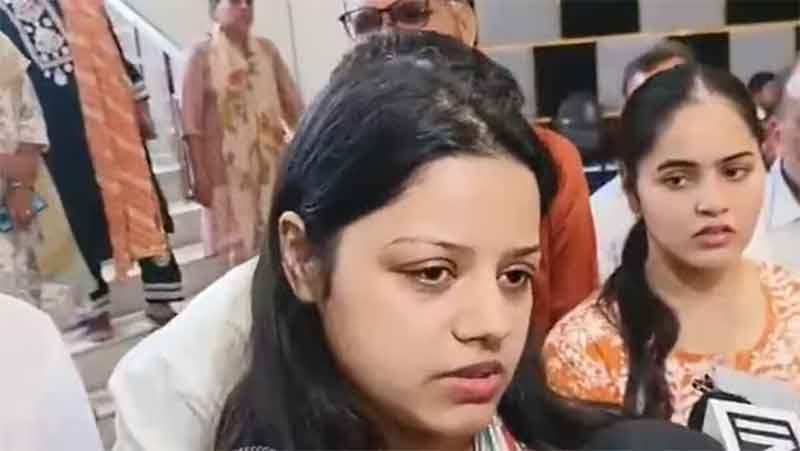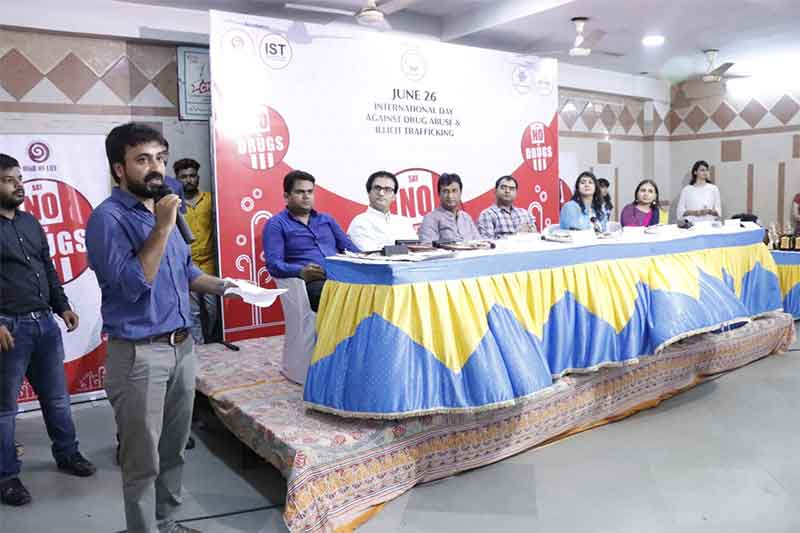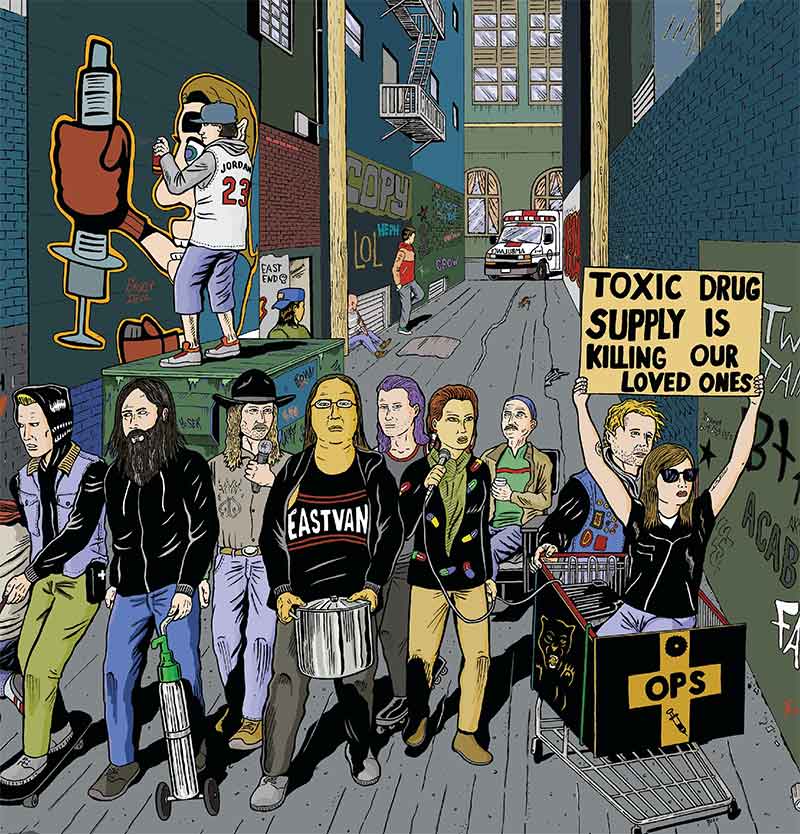
Kerala, the state much praised for its literacy, its rich culture, its progressive thought, is now shaken by a trend too disturbing to overlook — the steady seep of drugs into its mainstream, specifically the entertainment and creative industries. From university campuses to film sets, back-to-back arrests of artists for drugs is no longer coincidence. It is ominous proof of a broader, deeper rot — and one the people cannot ignore any longer.
The most recent reminder is actor Shine Tom Chacko’s arrest recently, again in relation to a case concerning drugs. Even after being involved in such a controversy before, the actor has come back to the screen. The re-arrest has set debates afresh, not just about the actor’s personal accountability but about the very misleading role actors can play in society when they live their lives away from the camera in contradiction to what they portray on camera.
This is not about one actor. Kerala’s police in the past months have raided some members of the creative community — rappers, actors, directors, and technical staff — with suspected histories of drug possession or abuse. Rapper Vedan, known for his fiery, justice-themed lyrics, was even detained in a narcotics case, leaving his fans shocked for whom he was regarded as a voice of resistance.
What we observe at the moment is a disconcerting contradiction. Those same artists whose role is to drive social justice and consciousness through their platform are, in some instances, actually part of behaviour detracting from the common good. That hypocrisy cannot be dismissed as individual struggle. It is indicative of an ethical breakdown and demands serious scrutiny of the impact such personalities have.
The problem isn’t only within the industry — it lies in how the public responds. Fan culture in Kerala often borders on blind devotion. A powerful performance, a catchy song, or a viral reel is enough to turn an artist into an idol. But when these public figures are exposed for criminal behaviour, the response is either denial, defence, or a short-lived outrage.
What we need now is not admiration, but accountability. We must stop confusing talent with trustworthiness. We must begin to question who we follow, and why. Popularity is not proof of integrity.
While media houses have reported extensively on celebrity arrests, much of the coverage remains shallow, focused on headlines that sell rather than facts that inform. The real investigation should not stop at who was caught — it must move toward how these substances are entering the state, who is funding their movement, and which networks are enabling their distribution across industries and institutions.
If public energy is wasted on gossip, the actual drug trade continues to thrive in the shadows.
Pointing fingers at celebrities, while necessary, is not enough. The focus must shift to the dealers, distributors, and systems that allow drugs to infiltrate Kerala’s cities and industries. From porous borders to digital trafficking, from college campuses to elite parties, drug circulation is no longer underground — it is hiding in plain sight.
The arrests of artists should be a wake-up call for society and enforcement agencies alike: this is not about glamour; this is about organized criminality that is manipulating fame to normalize drug culture.
Kerala is at a cultural and ethical crossroads. If artists, who have the privilege of mass reach, choose to promote or engage in illegal habits, then society must not reward them with silence or sympathy. We must question the institutions that platform them, the sponsors who endorse them, and the audience that supports them uncritically.
This is the time for discernment over devotion, for awareness over adoration. Kerala’s youth deserve better role models. The state deserves a cleaner, clearer media space. And the people deserve the truth — not a polished performance
Subscribe to Our Newsletter
Get the latest CounterCurrents updates delivered straight to your inbox.
Carmel Maria Jose is an Assistant Professor in the Department of Communication and Media Studies at Marian College Kuttikkanam (Autonomous), Kerala. With a strong academic background in journalism and media studies, she holds an MPhil in Media Studies and has previously taught at institutions in Bangalore and Kerala.















































